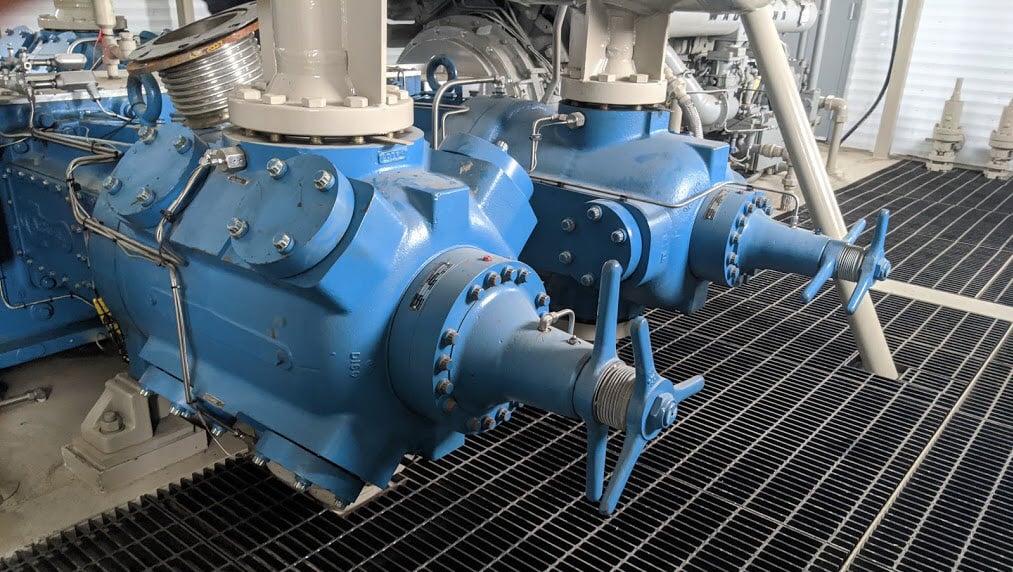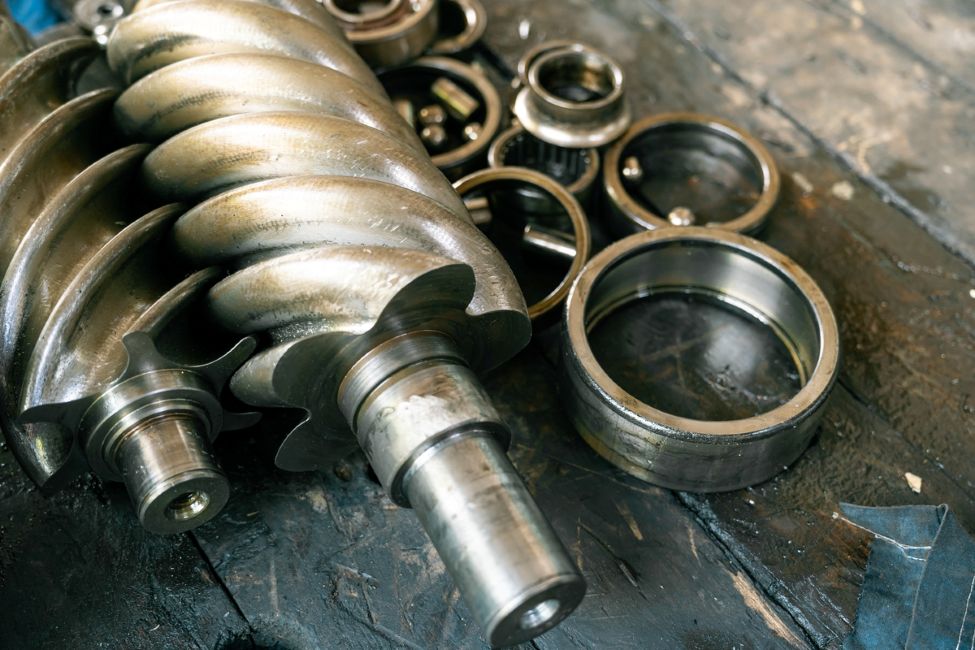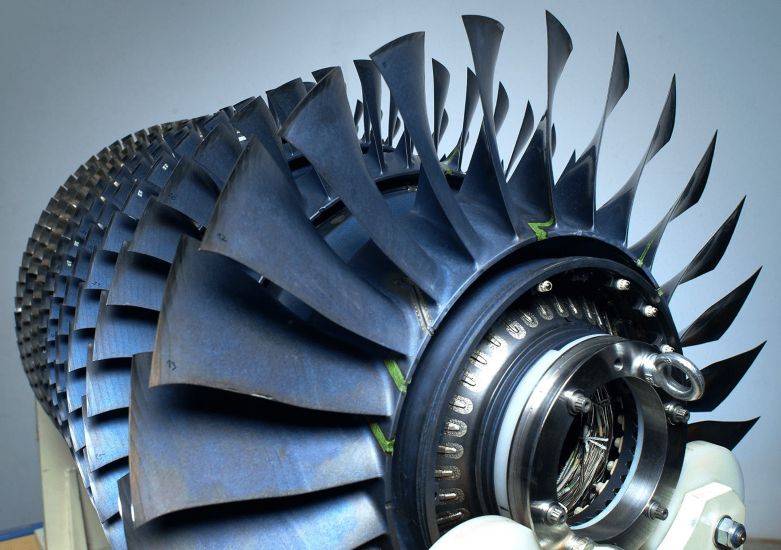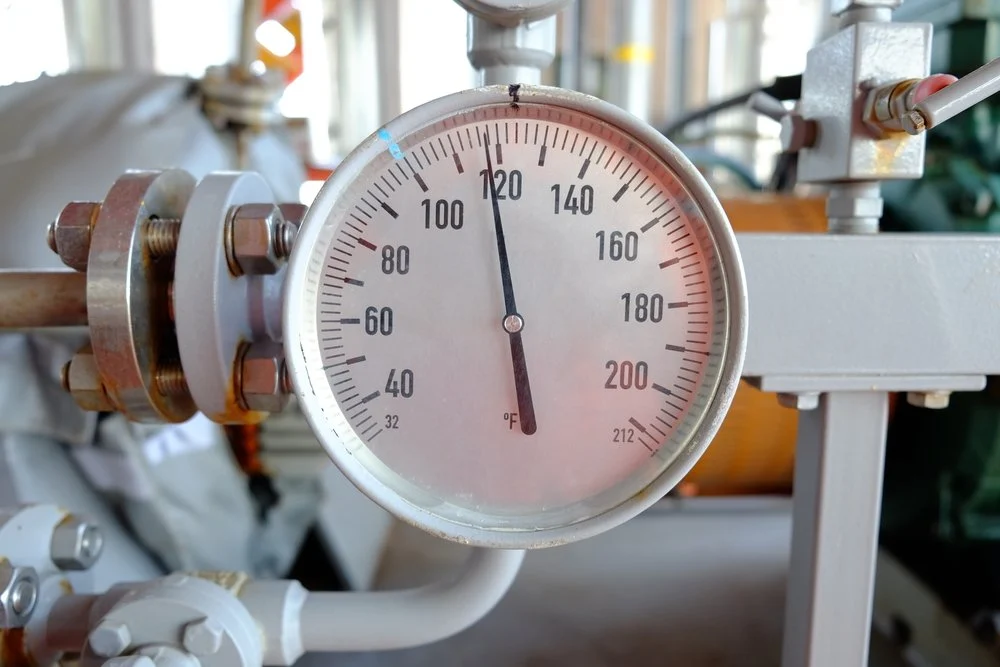Compressor Buying Guide
- Home
- Compressor Buying Guide

Buying a compressor can be a challenging task for many individuals and industrial business owners. A compressor is a device used to compress air or gases and is applied in a wide range of industries such as automotive, construction, agriculture, medical, and even domestic sectors. However, selecting the right compressor requires a solid understanding of your needs and technical specifications. In this article from Kamsan Iran, we will comprehensively review the key points and factors you need to know before purchasing a compressor so you can make the best choice.
What Is a Compressor and What Is It Used For?
A compressor is a device that converts mechanical energy into compressed energy by compressing air or gas. Compressors are mainly divided into two types: piston (reciprocating) compressors and screw (rotary) compressors. Each is designed for specific applications, and depending on your needs, one may be more suitable than the other.
In many industries, compressors serve as the main source of compressed air for pneumatic tools, industrial machines, and HVAC systems. For example, smaller compressors are suitable for home use or small workshops, while larger industrial compressors are used in factories and high-volume work environments.
Types of Compressors and Their Differences
Before buying a compressor, you should familiarize yourself with the different types to choose the one that best fits your application. Generally, compressors fall into two main categories:
Piston Compressors (Positive Displacement)
These compressors use pistons moving back and forth to compress air. They are typically suitable for light to medium-duty use, such as small workshops, garages, and home applications. They are more affordable due to their simpler design but may generate more noise and are less ideal for long continuous use.
Screw Compressors (Rotary)
Designed for continuous industrial use, these compressors compress air between two interlocking screws, offering high efficiency and continuous operation. They are ideal for environments that require a steady supply of compressed air in large volumes. Screw compressors are quieter, more durable, and longer-lasting—but also more expensive.
Key Factors in Choosing the Right Compressor
To purchase the best compressor for your needs, consider the following critical factors:
1. Required Air Volume and Pressure
Start by determining how much air your tools or system will need and the pressure required. Compressor capacity is usually expressed in CFM (Cubic Feet per Minute), and pressure is measured in Bar or PSI. Ensure the compressor meets or exceeds your system’s needs.
2. Usage Time and Workload
If the compressor will operate continuously or for long hours, choose a high-capacity, industrial-grade model. Screw compressors are best for continuous use, while piston compressors are better for intermittent and light applications.
3. Installation Space and Size
Compressor size matters. Large units require more space and need to be installed in well-ventilated areas. If space is limited, consider compact models.
4. Noise Level
Noise is a key concern, especially for indoor installations or noise-sensitive environments. Piston compressors tend to be noisier, while screw compressors are quieter and more suitable for such spaces.
5. Maintenance and Operating Costs
Some compressors require regular maintenance, like oil changes or filter replacements. Oil-free compressors require less maintenance but may be more expensive upfront. Always consider the long-term maintenance costs.
6. Brand and After-Sales Support
Choosing a reliable brand with solid after-sales service is essential. This ensures long-term performance and easy access to spare parts and servicing when needed.
Buying a Compressor from Kamsan Iran
Ultimately, choosing the right compressor depends on your specific requirements. Before purchasing, identify the desired air pressure and flow rate, the type of work it will be used for, and the environmental conditions where it will be installed. By considering factors such as capacity, size, noise level, and maintenance costs, you’ll be better equipped to make the right decision.
To explore our full range of compressors and get expert advice, feel free to contact Kamsan Iran or visit our product categories.
**Share this article**
Comments







